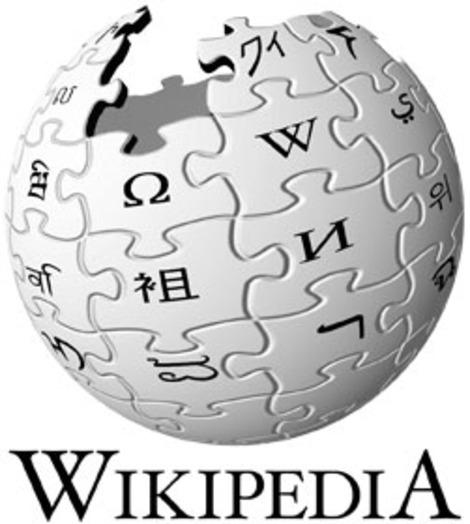Students Hooked on Wikipedia: Blackout Prompts Homework Meltdowns

When Wikipedia shut down its site for 24 hours on Wednesday, the intention was to incite voters, not students. But the blackout, in protest of a web piracy bill that could censor online content, turned into a nightmare for pupils who rely on the user-generated knowledge base to complete assignments.
Buzzfeed collected a barrage of tweets from students Wednesday morning. They all went more or less like this:
"Wikipedia can't go! How on earth and I going to do my history homework?"
and
"They shut down Wikipedia? DAMN IT. I have a lab report due tomorrow."
and
"Dear Wikipedia, I get where you're coming from but this blackout business is bull. I have homework to do."
And this particularly hopeless plea:
"How am I supposed to do my homework without Wikipedia. Dear good grades, #yourtimesup"
Who knew the online encyclopedia was so vital to education?
Librarians, for one.
"Walk through our media center about any time of the day and you will see the Wikipedia screen well represented," Kathy Kaldenberg a district librarian in Iowa told a local ABC News reporter . She believes most of the information on the site is credible and that barring students from using it puts schools at risk of "losing credibility".
Janet Johns, a middle school librarian had a different viewpoint, back in 2006. "I do not allow students to use Wikipedia as a source," she wrote on a PBS blog forum on the subject. "Since it can be edited by anyone, one cannot verify if the information is correct." But the popularity, and credibility of the site has grown in the past few years. So has the inescapable presence of the internet in student life.
For those reasons, Wikipedia has made learning easier. For the Sesame Street Generation and their predecessors, research papers required access to an encyclopedia - usually one only available during library hours. Limited by size in a way the web isn't, the old books provided far less information on a topic than a Wikipedia page. And even the most current volumes, edited annually, would be considered outdated by today's standards.
For that reason Wikipedia is a boon for education. If used correctly-that's to say with skepticism and non-exclusivity-it can lead students to stronger sources, teach them the value of investigation and even the importance of questioning the true nature of fact. But some schools don't trust students to wiki responsibly.
A New Jersey school district recently blocked access to Wikipedia on their school computers and one Pennsylvania school librarian posted a sign in the computer lab likening the site to cocaine: "Just say no to Wikipedia," it read. The history department at Middlebury University has barred students from sourcing the site on their papers. Other teachers ban the use of the site's inclusion in papers on an individual basis.
It all feels a bit like Cliff's Notes. For those under 25, these were totally legal "study aids" that capsulized required high school reading for a generation. They were supposed to help kids read critically and understand difficult texts. But everyone knew if you had the Cliff's Notes, you weren't really reading the book.
The difference with Wikipedia is that it's not just a study aid, it's a go-to for people at every age in every field. It's how we all get information now, and it's not going away.
"We don't need to teach our kids not to use Wikipedia," insists tech writer Christopher Dawson . "We need to teach them to make those extra few clicks and decide for themselves if the Wikipedia entry has merit. It's a skill that is broadly applicable in an age of information overload and Google's billions of search results."
But will students make those extra clicks? Maybe this blackout will inspire them to look beyond the wiki world of text fonts and broken-out paragraphs, and dig a little further for their research-at least for one day.
